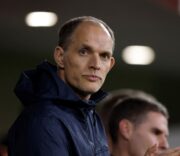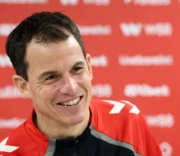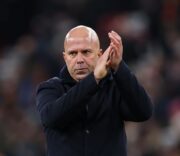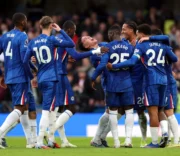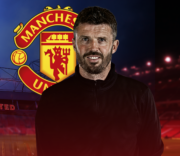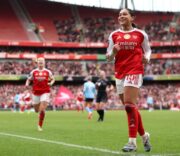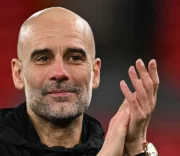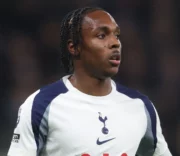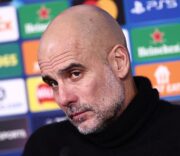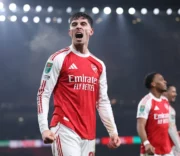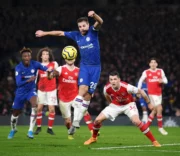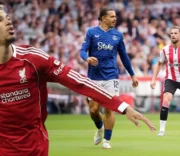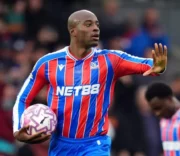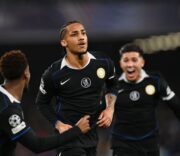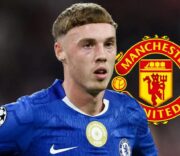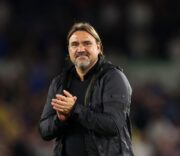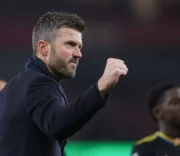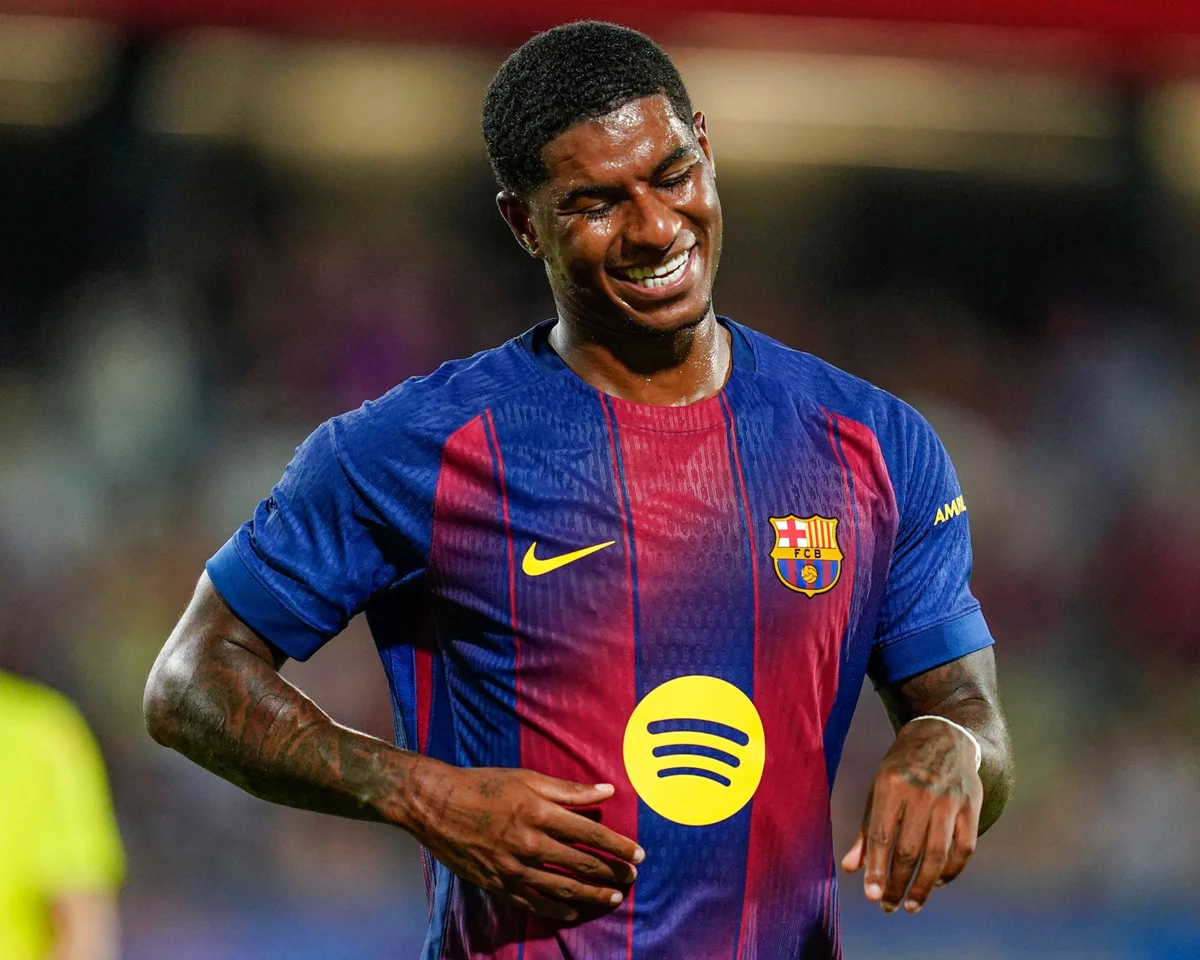
Marcus Rashford, currently on loan at Barcelona from Manchester United, has delivered a candid assessment of his boyhood club’s struggles, describing their situation as being stuck in “no man’s land.” Speaking on the Rest is Football podcast, the England international highlighted the absence of consistent playing principles since Sir Alex Ferguson’s departure 12 years ago. Rashford, who emerged from United’s academy during Ferguson’s tenure, believes the lack of a defined footballing identity has prevented the club from challenging for the Premier League or achieving sustained success.
The Absence of a True Transition
Rashford dismissed the notion that Manchester United have been in a prolonged transition, arguing that no real transition has begun. He emphasized the need for a clear, long-term plan that the club must commit to. “To be in a transition, you have to start the transition,” Rashford said. He contrasted United’s approach with successful teams that maintain core principles, allowing players and coaches to align with or enhance an established system. United’s reactive approach, he argued, involves adapting to new managers and signing players to fit ever-changing systems, which hinders consistent progress.
Lessons from Ferguson’s Era and Liverpool’s Success
Reflecting on Ferguson’s time at Manchester United, Rashford noted that the club’s academy and first team operated under unified principles, fostering a clear “Man United way” that nurtured talent from a young age. He cited Liverpool’s success under Jürgen Klopp as a model, pointing out how Klopp’s adherence to a defined philosophy led to a Premier League title in 2020, ending a 30-year drought. Klopp, who joined Liverpool in 2015, won his first trophy in 2019, demonstrating the value of patience and consistency—qualities Rashford believes United have lacked, with no post-Ferguson manager lasting three years.
United’s Reactive Approach and Cup Success
Rashford acknowledged that United’s talented players and capable coaches have delivered occasional cup successes, but he stressed these are not indicative of a broader strategy. “You might win some cup tournaments, but it’s because you do have a good coach and you do have good players and you have match winners in your team,” he said. However, without a stable direction, Rashford believes United cannot return to their former dominance. His loan move to Barcelona, prompted by being sidelined by United’s current manager Ruben Amorim—the sixth permanent manager since Ferguson—has given him perspective to critically assess the club’s challenges.


